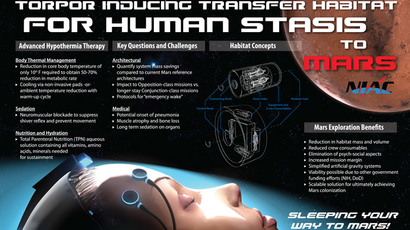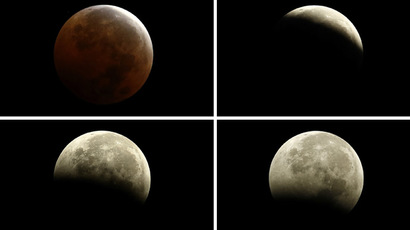‘Duck and hide!’ - Comet’s near-hit of Mars may crash NASA spacecraft orbiting planet
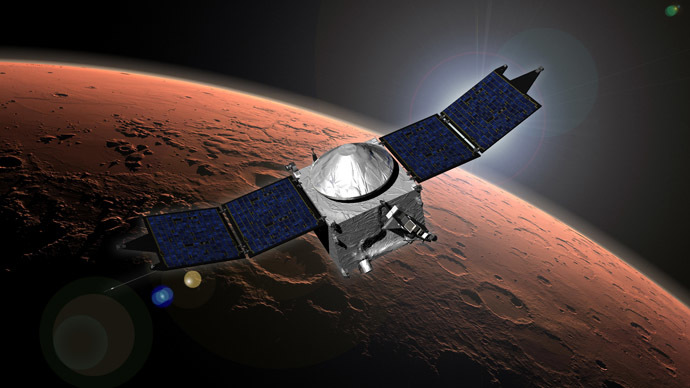
Comet Siding Spring is expected to travel exceptionally close to Mars at 126,000 mph (202,000 kph) on October 19, according to NASA, which says it will strategically maneuver its craft orbiting the Red Planet away from the comet’s impacts.
Siding Spring will come within 87,000 miles (139,500 km) of Mars, which is “less than half the distance between Earth and our moon and less than one-tenth the distance of any known comet flyby of Earth,”NASA said.
NASA holdings that are orbiting and roving around Mars will collect data on the comet and its effects on the planet’s atmosphere.
“This is a cosmic science gift that could potentially keep on giving, and the agency’s diverse science missions will be in full receive mode,” said John Grunsfeld, associate administrator for NASA’s Science Mission Directorate.
“This particular comet has never before entered the inner solar system, so it will provide a fresh source of clues to our solar system's earliest days.”
Siding Spring is from the Oort Cloud, a region surrounding the sun that NASA described as a “giant swarm of icy objects” left over from the development of our solar system 4.6 billion years ago. The comet will be the first from Oort Cloud that spacecraft will be close enough to study.
NASA will move its Mars Odyssey orbiter - the Mars Reconnaissance Orbiter - and the Mars Atmosphere and Volatile EvolutioN to avoid any dust particles shooting off the comet.
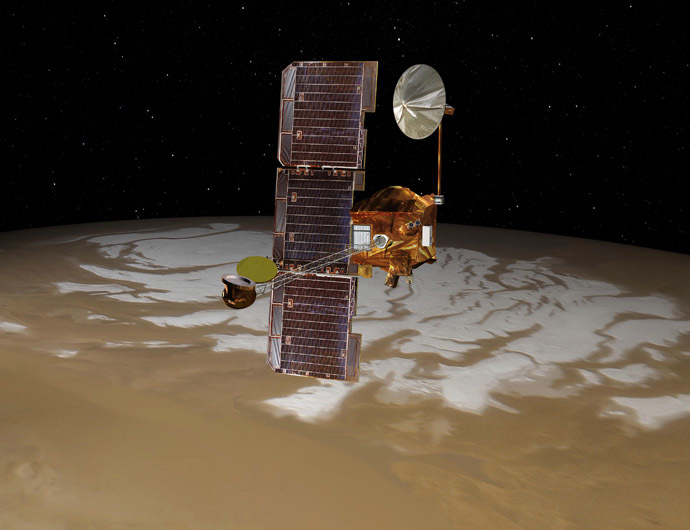
"The hazard is not an impact of the comet nucleus itself, but the trail of debris coming from it,” said Rich Zurek, chief scientist for the Mars Exploration Program at NASA's Jet Propulsion Laboratory.
“Using constraints provided by Earth-based observations, the modeling results indicate that the hazard is not as great as first anticipated. Mars will be right at the edge of the debris cloud, so it might encounter some of the particles -- or it might not.”
NASA said the greatest risk to orbiters will begin at about 90 minutes after the closest approach of the comet’s nucleus. This high-point for potential danger will last for 20 minutes, as Mars will at this time come closest to the center of the comet’s trail of dust.
Orbiters are expected to gather data on Siding Spring’s “size, rotation and activity of the comet's nucleus, the variability and gas composition of the coma around the nucleus, and the size and distribution of dust particles in the comet's tail,” NASA said.
Mars rovers Opportunity and Curiosity will be protected from any dust thanks to the atmosphere of the planet. Both will collect data from the flyby.
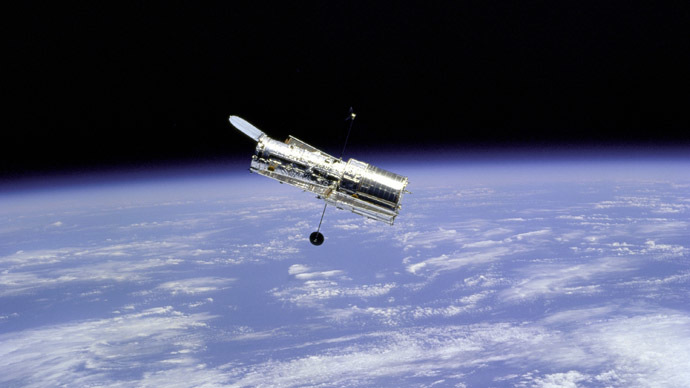
NASA devices on Earth, including the Hubble Space Telescope, will be positioned to observe Siding Spring. NASA space observatories will also monitor the flyby.
NASA's asteroid tracker, the Near-Earth Object Wide-field Infrared Survey Explorer, is monitoring Siding Spring’s movements, the agency said, while NASA’s two Heliophysics spacecraft, Solar TErrestrial RElations Observatory and Solar and Heliophysics Observatory, will image the comet upon arrival.












